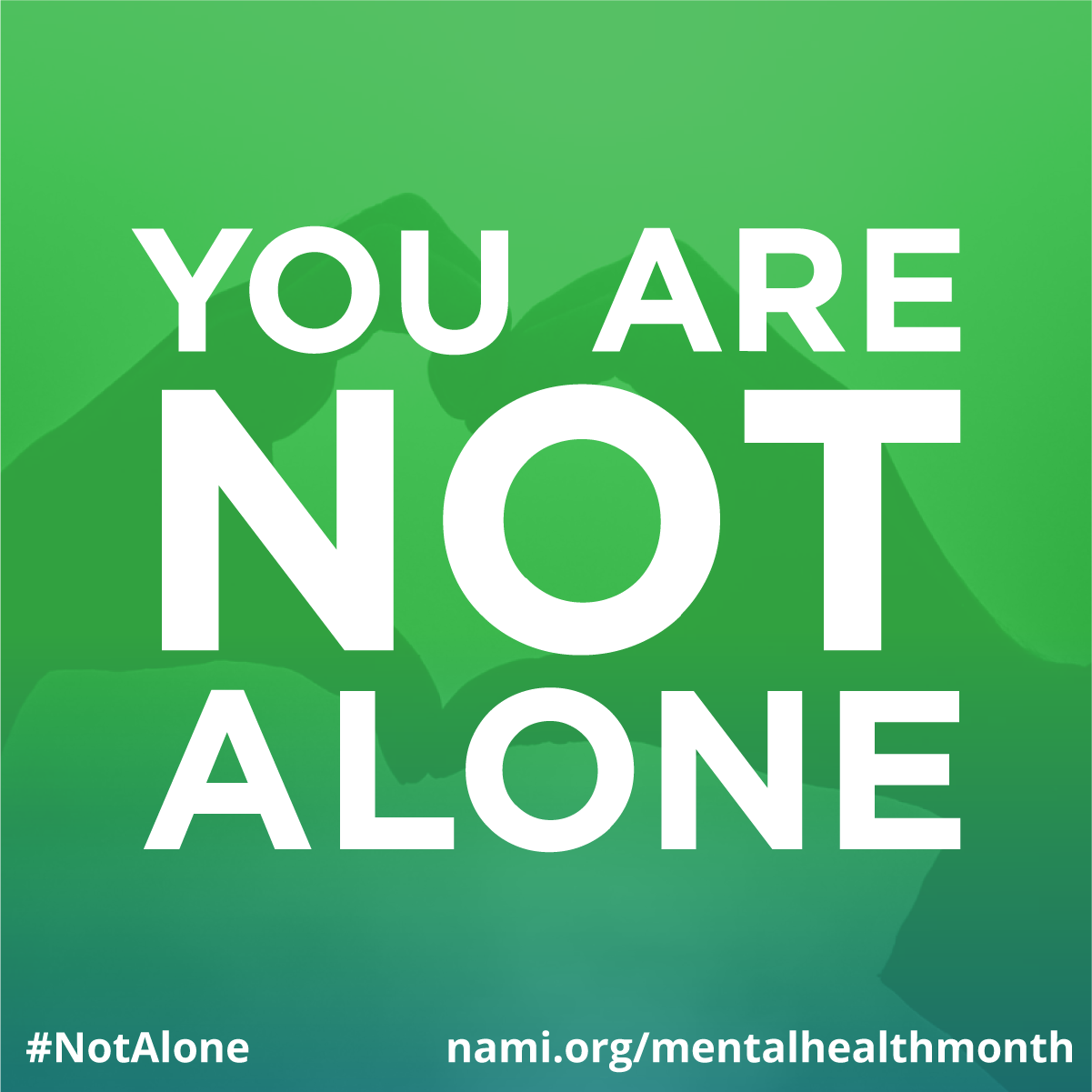Mental Health Month
You are amazing. You are unique. You are brave. You are strong. You are loved.
Such were the sayings on the signs around the grounds of the psychiatric hospital as I biked through to get to the adjacent hospital and my doctor’s office for my annual check-up. It made me think of how universal the feeling of being loved, in essence, belonging is to us as humans. On one hand we want to be exclusive. Unique. Original. One of a kind. Yet, on the other hand we want the inclusion of being part of a tribe. To be like everyone else- part of a group. To belong. To be loved.
What I have found interesting as I age- it does not matter the age of an individual and this sense of belonging/not belonging. I know young children who are very comfortable with who they are and where they belong. I also know elderly people, who until they take their dying breath still feel inadequate and an outsider- even within their own family.
This month is mental health month. Mental health has always been important but it seems as if we are recognizing the importance more than ever as we all have been through the mental challenges of a pandemic: isolation, disruption of lifestyle, the economy, personal plans, and societal norms. While each person has experienced the pandemic in their individual way, we (humankind) have all had a similar experience.
There seems to be more awareness of recognizing that this past year has been tough on all of us and naming the emotions/feelings that we experienced. For many, dealing with the situational changes that stemmed from the pandemic, we were not equipped with tools in our toolbox. Perhaps we learned that we held our schedules, our loved ones, our very lives, too tightly. Maybe we recognized that we are anxious and angry for no apparent reason. Perhaps the pandemic awakened in us the need for self-care but were ineffective in implementing it.
The organization, Mental Health America has all sorts of tools and resources at their website: https://mhanational.org/mental-health-month You can download the entire toolkit or the bits that you find appropriate. There are practical ideas on all sorts of emotions and feelings. In addition there are worksheets for processing trauma and stress, managing frustration and anger, practicing radical acceptance, dealing with the worst-case scenario, dealing with change, prioritizing self-care.
I think that God gives us these tools, whether it is through medical awareness or the sciences to guide us in our life journey. Most times we do not have the tools handed to us but we need to find them through others and through their experience.
Once again, the introvert in me needs to recognize that God has called us into community. We need each other-whether that is to share information and resources, bear one another’s burdens or to give and/or receive help in our (collective) time of need. We are not alone even though we may feel alone at times.
The paradox of God is that we are both- alone yet part of a greater collective; similar in our humanity yet individually unique; weak yet stronger than we think; ordinary in our daily existence yet extraordinary to God- down to His knowledge of the very hairs on our head. After all, for anyone who has “created” something- you remember and care about every essence of that creation. So too, does God remember, care, know and love every essence of our being.
What about you? How has your mental health been this past year? Do you need to gather new tools for your life’s toolbox? What emotions have you experienced? Do they have a name? Have you ever said affirmations to yourself? What were (are) they?
The thing about the positive affirmations that I read at the mental hospital and that Mental Health America describes: They are the exact affirmations God is saying to His children every day.

